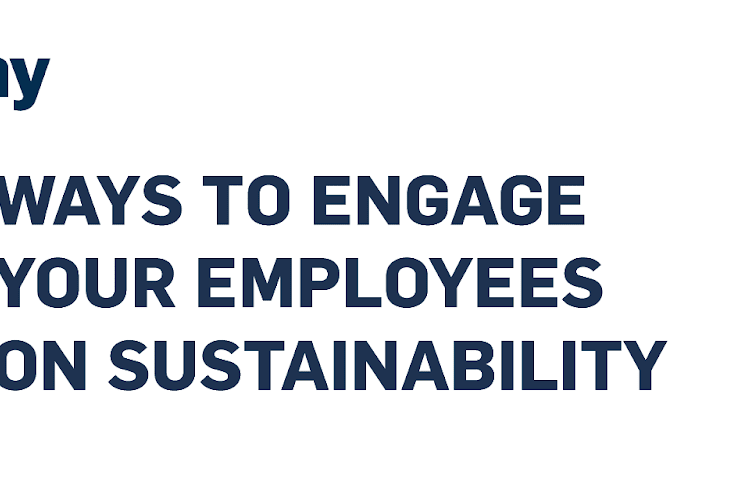
[Johannesburg, 9 August 2021] Each year in August South Africa celebrates Women’s Month, with the 9th of August being National Women’s Day, commemorating the 20,000 women who marched to the Union Buildings in Pretoria to protest the Apartheid Pass Laws.
The National Women’s Day draws attention to persisting structural inequalities that women still face, affecting both their social and economic life, often in inter-related ways. As has been largely documented, gender-based violence and sexual harassment is pervasive in South Africa, with women experiencing violence in domestic and public spaces and at the workplace. Companies must take a zero-tolerance approach to GBV through appropriate policies and collaborations.
Women also face entrenched barriers to economic opportunities. This is evidenced by the low levels of women’s representation in corporate leadership and the low procurement spend on women-owned enterprises. In 2020, Mpumi Madisa, the CEO of Bidvest Group became only the third woman to lead a mid-to-large cap JSE listed company.
In a 2021 survey report[1], PwC confirms the low representation of women in senior management and executive roles. This is further linked to the gender pay gap, with the average gap in medium-cap companies standing at ‘46% at the median and 51% for the upper quartile’. Most of these are JSE listed companies. In the small-cap companies, the PwC reports a 27% and 30% gender pay gap respectively in the median and upper quartiles.
This picture suggests a persisting lack of progress and regression in tackling gender inequalities in the corporate sector at a time when the business case has never been stronger. Research[2] has revealed that companies with more women in senior positions are likely to be more profitable, more socially responsible and provide safer, high-quality customer experiences. As more women ascend the top ranks of a company, there is a distinctive shift in the company’s strategic and innovative thinking.
What can business as an important economic actor do to accelerate gender equality and transform society?
As the Global Compact Network South Africa, we call on the corporate sector to work decisively to reduce inequalities at the workplace, marketplace and communities. While the corporate will and leadership is important, this must be translated into practical steps that include doing self-assessments to identify existing gaps; and setting targets that are ambitious enough to achieve success. Successful implementation will also depend on the buy- in right from the Board of Directors to the executives and the entire implementing value chain. To drive accountability, companies need to assign responsibility and track these through clear Key Performance Indicators.
The good news is that there is technical guidance and support that is readily available for companies to integrate gender inclusive practices. The UN Global Compact has designed an accelerator programme called Target Gender Equality, a global programme focused on local collaboration, driving bold business action to advance gender balance in business and accelerate progress to achieve the Sustainable Development Goals. The Accelerator includes facilitated performance analysis, capacity building workshops, peer to-peer learning and multi-stakeholder dialogue.
By Dr Achieng Ojwang
For more information, contact Nelisa Dlamini: NelisaD@globalcompactsa.org.za
Notes to Editors:
United Nations Global Compact
As a special initiative of the UN Secretary-General, the United Nations Global Compact is a call to companies everywhere to align their operations and strategies with Ten Principles in the areas of human rights, labour, environment and anti-corruption. Our ambition is to accelerate and scale the global collective impact of business by upholding the Ten Principles and delivering the Sustainable Development Goals through accountable companies and ecosystems that enable change. With more than 12,000 companies and 3,000 non-business signatories based in over 160 countries, and 69 Local Networks, the UN Global Compact is the world’s largest corporate sustainability initiative.
Visit Global Compact Network South Africa: www.globalcompactsa.org.za
Social Media: @globalcompactsa
[1] Practices and remuneration trends report. 13th Edition. PwC. 2021
[2] Harvard Business Review: Research: Adding Women to the C-Suite Changes How Companies Think






